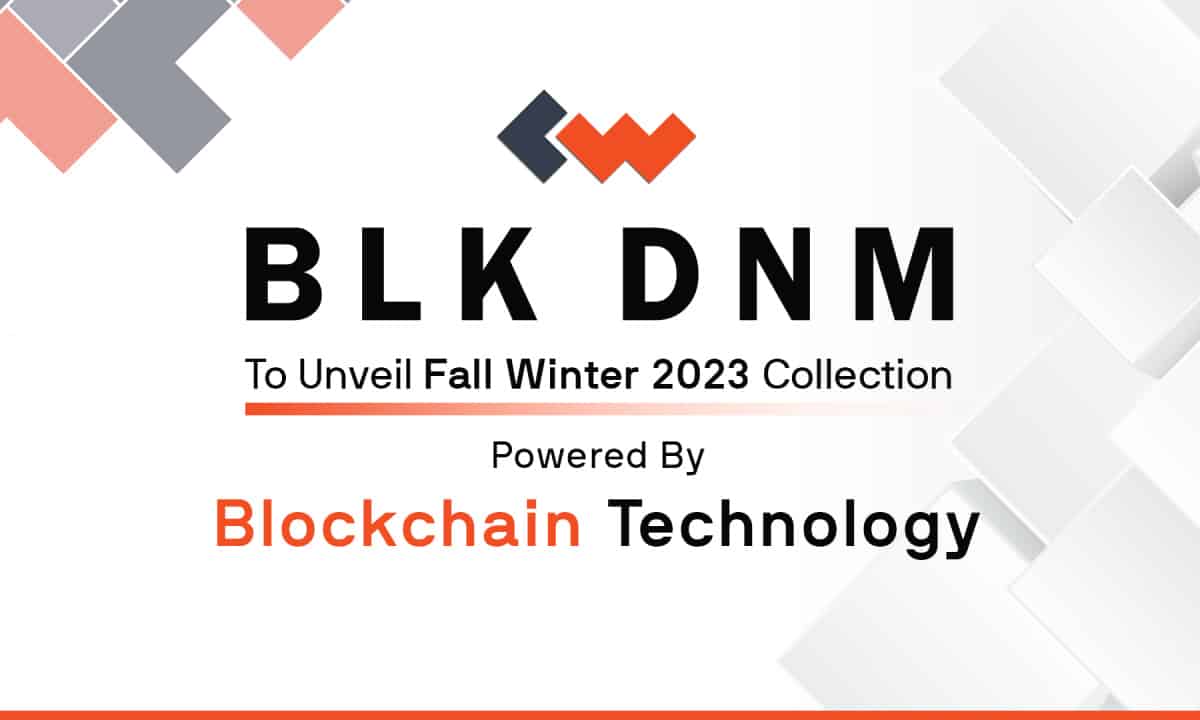Tackling Pressing Identity Issues With RIF’s Directory and Name Service
[Featured Content]
Identity issues in the digital world are abundant, and that is especially true for the field of cryptocurrencies. Hacks, phishing attempts, mistyped addresses – all these results in the loss of funds and trust.
RIF’s Directory layer is designed to handle a lot of these challenges in a way that’s user-friendly and easy to comprehend.
What is RIF’s Directory?
RIF’s directory is the reputation and identity layer of the entire RIF ecosystem. It will help users and developers identify services and learn about them. It also enables users to both share and seek relevant information which, stored on Directory, is reliable and verifiable. It’s a key puzzle in the process of creating self-sovereign identities.
One of its core components is the RIF Name Service. It is a decentralized service that allows users to have a readable domain in any blockchain. As such, it can be used to identify other personal resources, including ID, storage or communication addresses, payments, and so forth.
The product is developed in full, but the team is looking to improve it continuously. It’s building the library that’s also almost completed.
Currently, the team is working to improve the UI and UX for the RNS manager and to integrate it into different wallets. They are also working on more products for the whole directory solution, including a self-sovereign identity concept, though there is no defined roadmap as of yet.
As an identifiable market, the company sees DApp developers who are in need of decentralized authentication and decentralized identity for their users.
For further down the road, if they make a broader development of self-sovereign identity, they plan to attract public companies, education institutions, and even governments.
What’s The Problem That It Solves?
RNS solves one of the most commonly-encountered challenges within the cryptocurrency field. It’s a great solution to have human-readable addresses when transferring value.
Users can avoid losing funds with RNS because the wallet address is usually quite easy to mistype. Even if it is copy-pasted, users can lose funds because of hacking or phishing attempts. RNS supposedly solves this, and it’s the most outstanding quality of the solution.
More broadly, however, the company makes a case that decentralized spaces, the internet, and the cryptocurrency field as well, were built without an identity layer. In other words, people don’t know who they are dealing with unless they are physically in the same place.
With RIF’s Directory layer, users will have the ability to show verifiable claims about themselves without losing their privacy.
The main idea of RIF when it comes to self-sovereign identities is to avoid having silos of information centralized in a few hands. The concept is about decentralizing these silos and make them user-centric where individuals will be able to control and move the information from one place to another. This will help avoid a lot of data leaks or data selling. It’s a solution for the entire digital world and not just for cryptocurrency users.
The project identifies unique selling propositions when it comes to blockchain interoperability – a hot topic among the entire community. RSK has primarily contributed to the process of financial inclusion through blockchain technology and blockchain for social impact. RIF adds the missing piece of the puzzle by enabling SSIDs.
The post Tackling Pressing Identity Issues With RIF’s Directory and Name Service appeared first on CryptoPotato.









